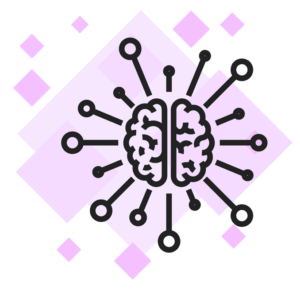
Crowdsource app tester Applause is looking to target bias in the world of artificial intelligence (AI) with a new AI training and testing service focused on diversity and size.
Applause — formerly uTest — has spent years providing testing platforms for apps and services, and now it aims to eliminate any bias in AI by applying the crowdsourcing methods it used for testing apps to training AI as well.
Applause’s approach revolves around using its massive pool of testers around the world to create larger, more diverse AI training datasets. With hundreds of thousands of users worldwide, Applause’s approach gives AI algorithms a far more ‘real-world’ base to learn from than what might otherwise be just a lab in a corporate headquarters.
Bias in AI has been a challenge for the industry, with racial and gender biases detected in some facial recognition systems; researchers have shown that Amazon’s facial recognition software had a harder time distinguishing between genders depending on the ethnicity of the subject, for example.
Though the size of the datasets Applause provides is vital, perhaps more important is the diversity they represent. The demographic diversity of its platform of testers spans a range of cultures, races, nations, languages, locations, hobbies, genders and more.
“Not only will this improve AI experiences for consumers everywhere, the breadth of the community also has the potential to mitigate bias concerns and make AI more representative of the real world,” said Applause product VP Kristin Simonini. “Users want AI to be more natural, more human,” Simonini added. “Applause’s crowdsourced approach delivers what AI has been missing: a diverse and large collection of real human interactions prior to release.”
The AI training and testing offered by Applause covers five core types of AI: voice, optical character recognition (OCR), image recognition, biometrics, and chatbots. Applause’s diverse range of testers could provide a company with a recorded phrase, a picture of an object, a selfie, or even their fingerprints to help train AI from a diverse set of data.
Source: VentureBeat
–
November 8, 2019 – by Tony Bitzionis







Follow Us